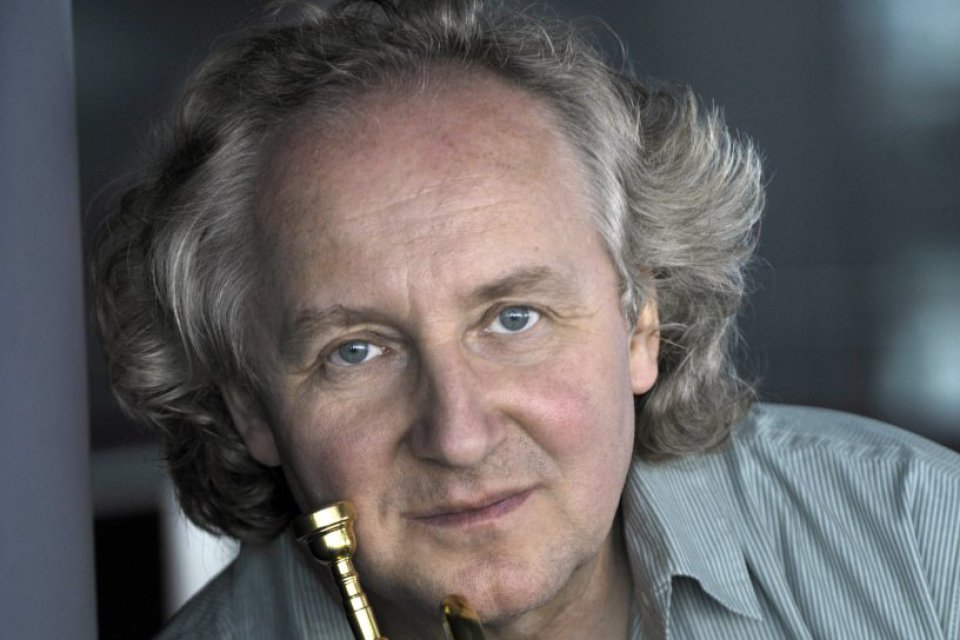 Add the event Exhibition opening and gallery talk | Chen Flamenbaum, Lee Yanor, Carmi Dror, Lihi Turjeman to the calendar
Add the event Exhibition opening and gallery talk | Chen Flamenbaum, Lee Yanor, Carmi Dror, Lihi Turjeman to the calendar
Exhibition opening and gallery talk | Chen Flamenbaum, Lee Yanor, Carmi Dror, Lihi Turjeman
Exhibition opening and unique encounter with artists who have been part of the Weizmann Institute’s ‘Artist Residency’ program, by The Braginsky Center for the Interface between Science and the Humanities. The artists met with scientists, staff, and students, who together discovered common areas of interest, and gave inspiration to one another.
The artists’ works will be on display from 10:00 in three nearby locations: Sela Auditorium, David Lopatie Conference Centre situated opposite, and the Old water tower, located behind the auditorium, up Jubilee walk (next to Ebner Auditorium).
Exhibits:
Lee Yanor | Video Installation | David Lopatie Conference Centre
Lihi Turjeman | Illustrations, Carmi Dror | Video Stills | Michael Sela Auditorium
Chen Flamenbaum | Art Installation | The Studio, at the old water tower next to the Dolfi and Lola Ebner Auditorium
10:00: Exhibition opening
11:30: Gallery talk about the artworks and the dialog between art and science, moderated by curator Yivsam Azgad, in the Michael Sela Auditorium.
Exhibitions will be on display until 19.4.24.
Lopatie Conference Center and the Studio: Sunday-Thursday, visiting hours 09:00-15:00
Michael Sela Auditorium: approximately 1 hour before the events.
Under the auspices of The Braginsky Center for the Interface between Science and the Humanities.
Entry is free







